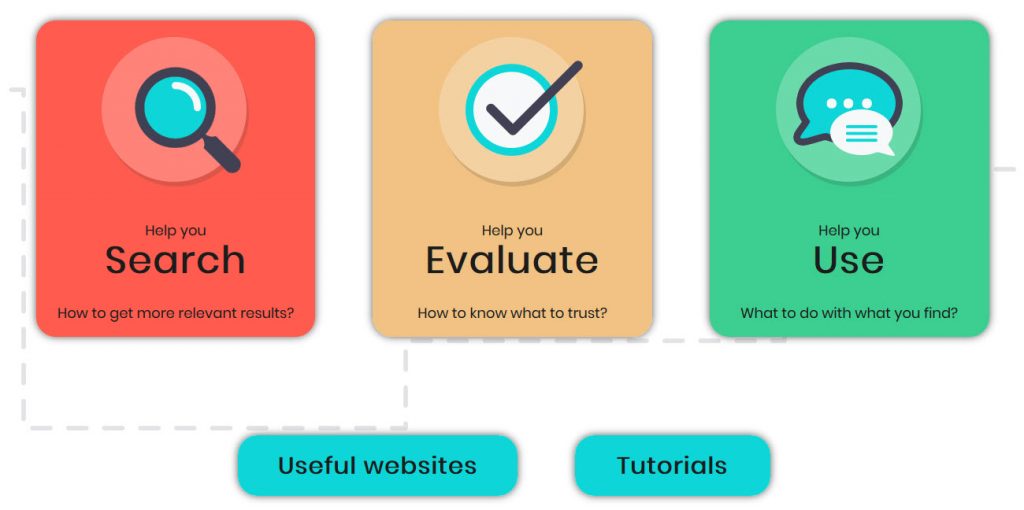As I write this I am sitting in my newly set up home office and doing my part to help “flatten the curve” of covid-19. I began my career at the Herzl Family Medicine Clinic at the Jewish General Hospital and have been working for 15 years to help patients and caregivers as well as health professionals find and evaluate health information.
There is so much misinformation out there! Now more than ever we are inundated with all sorts of health information and advice, some more trustworthy than others. You may be feeling overwhelmed, and not sure even where to begin looking for information let alone how to assess whether it is true or false. You may have other health issues that have not been put on hold because of a pandemic and are finding it harder than ever to access the information you need.
Today I am proud to share with you an amazing resource that was born out of years of hard work and the passion and love of an amazing team.
The Online Health Information Aid website is finally here!
The website:
- provides tips and resources on searching, evaluating, and using online health information;
- aims to improve skills and confidence in finding trustworthy health information online, enabling positive outcomes while reducing negative ones;
- was developed based on research evidence and co-designed with users;
- ultimately, supports lifelong learning and empowers people to participate in their own health care.
For Covid-19 specific information, our Medical Library colleagues at the University of British Columbia have produced an excellent and comprehensive resource guide on all aspects of the current coronavirus pandemic for the public, patients, and health professionals.
IMPORTANT: Neither of these resources should replace the directives of McGill University, nor should they be taken as medical advice. If you need to speak to a health professional for advice, call 1-877-644-4545 or 811. For more information about McGill’s response to the pandemic consult https://www.mcgill.ca/coronavirus.
Please share both resources widely and feel free to re-post this message to social media or email it to your friends and family.
Take care of yourselves and please know that the Schulich team is working hard to make sure you are supported during this stressful time. For information about library resources and services during this period visit our home page, use our chat service or reach out to your liaison librarian.
Francesca Frati, BFA, MLIS
Assistant librarian
Liaison for the McGill Ingram School of Nursing and Affiliated Health Institution Libraries.

